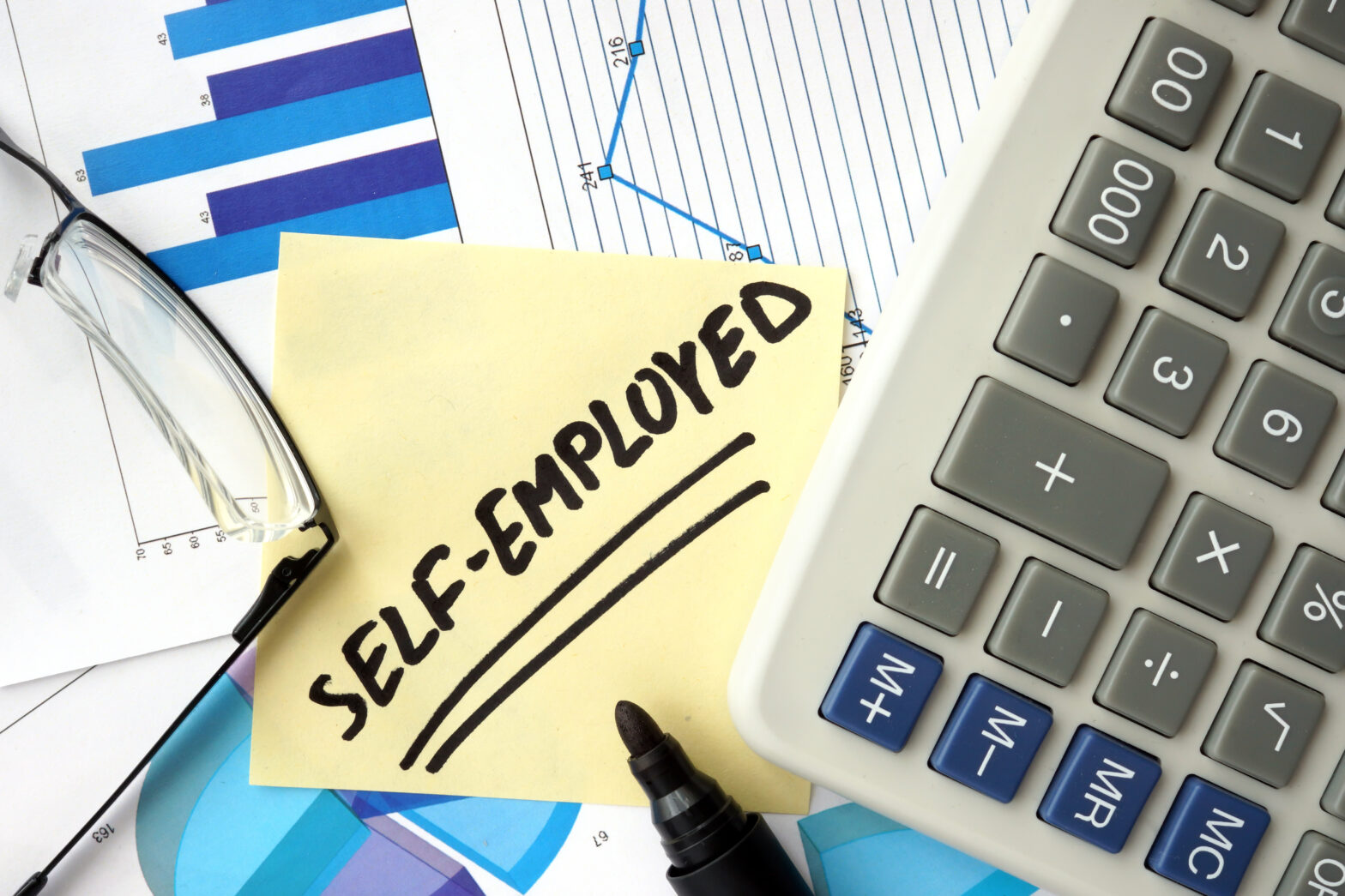Millions of self-employed people face a stealth tax rise of 2 per cent in national insurance contributions, Philip Hammond has announced.
The announcement starts the process to bring the tax rate in line with employed workers.
The move is a response to the current situation, which sees self-employed workers pay lower national insurance tax and ‘undermines the fairness of our tax system’.
The Chancellor pledged to address differences in parental benefits, available to the two groups.
The proposed rise is from 9 to 10 per cent in 2018, and 11 per cent in 2019.
Lucy-Rose Walker, CEO of Entrepreneurial Spark says that increasing national insurance rates for the self-employed could be a further step by the government to penalise those who are taking risks and starting a business, often giving up their regular pay cheques to take a chance at creating something great.
‘We believe there should be more, not less, support for entrepreneurs who are starting and scaling businesses. Removing the few remaining incentives of being self-employed is counter-intuitive and will lead to fewer enterprises and consequently fewer jobs.’
Vince McLoughlin, partner at Russell New adds that while the Chancellor has to try to balance the books with such tax increases, a review of modern employment practices was already taking place, meaning this move comes as little surprise.
‘The goal for this government seems to be to remove any distinction between workers, the employed, and those who are self-employed. However, I can understand the frustrations of the self-employed who are a fundamental part of the wealth creating economy,’ he says.
‘They do not have many of the benefits of employed workers so a reduction in their national insurance bill seems a fair quid pro quo.
McLoughlin adds that he can see why the Chancellor wants to narrow the fiscal differences between these employment status. ‘We do find ourselves in the midst of a rapidly-changing economy so he needed to find a way to ensure work is taxed in a way which reflects this.
‘However, we need to be careful that we aren’t shackling these self-employed individuals by removing the freedom they need to grow their businesses. Because that could come back to haunt the Chancellor.’





